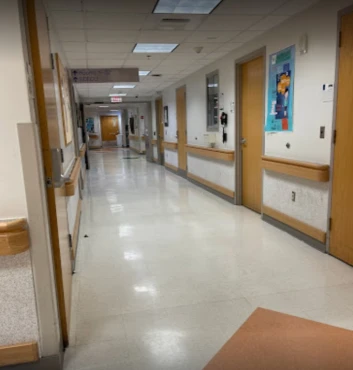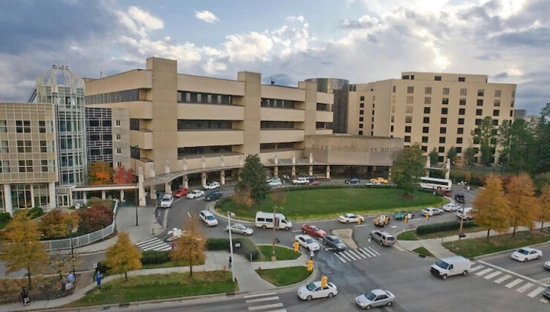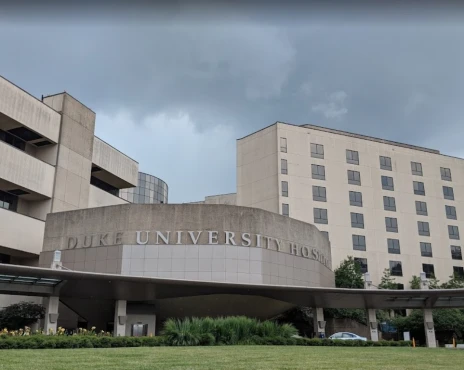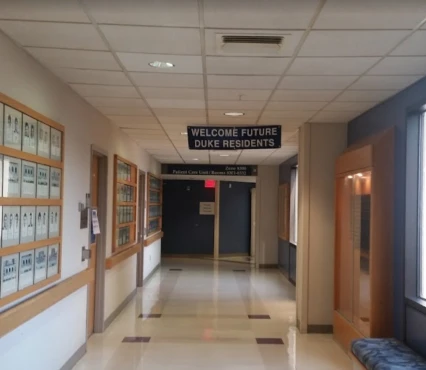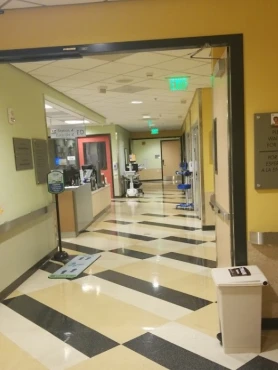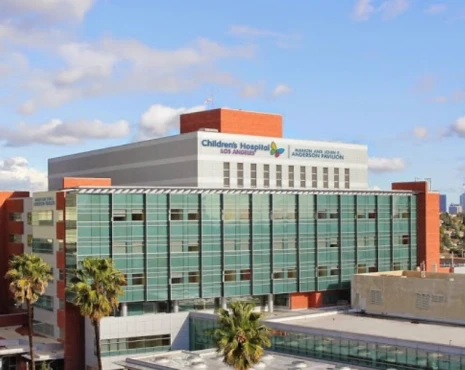Maxillary cancer is a rare cancer that affects the maxilla, or upper jawbone, and may extend to surrounding structures. Symptoms often include facial swelling, nasal obstruction, pain, and sometimes numbness or loose teeth. Treatment usually involves surgery to remove the tumor, along with radiation therapy and possibly chemotherapy to target any remaining cancer cells and reduce the risk of recurrence.
Maxillary cancer treatment in 1 Oncology clinic in United States with additional parameter
1 clinic specializing in Oncology providing treatment of
Maxillary cancer
Maxillary cancer refers to malignant tumors that develop in the maxilla, the upper jawbone. It can lead to symptoms such as facial swelling, pain, and difficulty in eating, requiring specialized treatment like surgery, radiation, or chemotherapy.
Read more...
disease in United Stateswith additional parameter of rating.
Besides this clinic there are 19 Oncology clinics in United States.
Such diseases are treated by Children's Hospital of Philadelphia: Bisphosphonate-related osteonecrosis of the jaw (BRONJ), Jaw tumor, Mandible osteoradionecrosis, Mandibular cancer, Maxillary cancer, and others.
-
Mandibular resection
≈ $51,413
-
Radical nephrectomy
≈ $51,868
-
Parotidectomy
≈ $15,644
-
Total thyroidectomy
≈ $21,610
-
Major liver resection
≈ $33,075
-
Cervical lymphadenectomy
≈ $32,193
-
Total glossectomy
≈ $26,537
-
Oral cancer surgery
≈ $40,458
-
Hemiglossectomy
≈ $16,892

2 nearby similar clinics in United States
Perhaps you should consider 2 more clinics we have found nearby basing on your selection.
-
Mandibular resection
≈ $51,413
-
Hemicolectomy
≈ $27,565
-
Rectum anterior resection
≈ $42,268
-
Radical prostatectomy
≈ $45,716
-
Transurethral resection of the prostate (TURP)
≈ $17,400
-
Conization
≈ $8,982
-
Open hysterectomy
≈ $30,870
-
Radical nephrectomy
≈ $51,868
-
Loop electrosurgical excision procedure (LEEP)
≈ $11,140

-
Hemicolectomy
≈ $27,565
-
Rectum anterior resection
≈ $42,268
-
Radical prostatectomy
≈ $45,716
-
Transurethral resection of the prostate (TURP)
≈ $17,400
-
Conization
≈ $8,982
-
Open hysterectomy
≈ $30,870
-
Radical nephrectomy
≈ $51,868
-
Loop electrosurgical excision procedure (LEEP)
≈ $11,140
-
Total laparoscopic hysterectomy (TLH)
≈ $21,624

Countries with the highest number of clinics treating the diseases:
Maxillary cancer:
Related procedures:
Quick navigation
- Major liver resection ≈ $33,075
- Minor liver resection ≈ $45,376
- Non-anatomic liver resection (NAR) ≈ $88,207
- Parathyroidectomy ≈ $17,852
- Benign bone tumor
- Bone cancer
- Chronic pain
- Eye cancer
- Eye melanoma
- Head and neck cancer
- Hip osteoarthritis
- Jaw tumor
- Knee osteoarthritis
- Lacrimal sac tumor
- Lip cancer
- Mandibular cancer
- Maxillary cancer
- Oral cancer
- Parotid tumor
- Pharyngeal cancer
- Rheumatoid arthritis
- Salivary gland tumor
- Spinal cancer
- Submandibular sialadenitis

